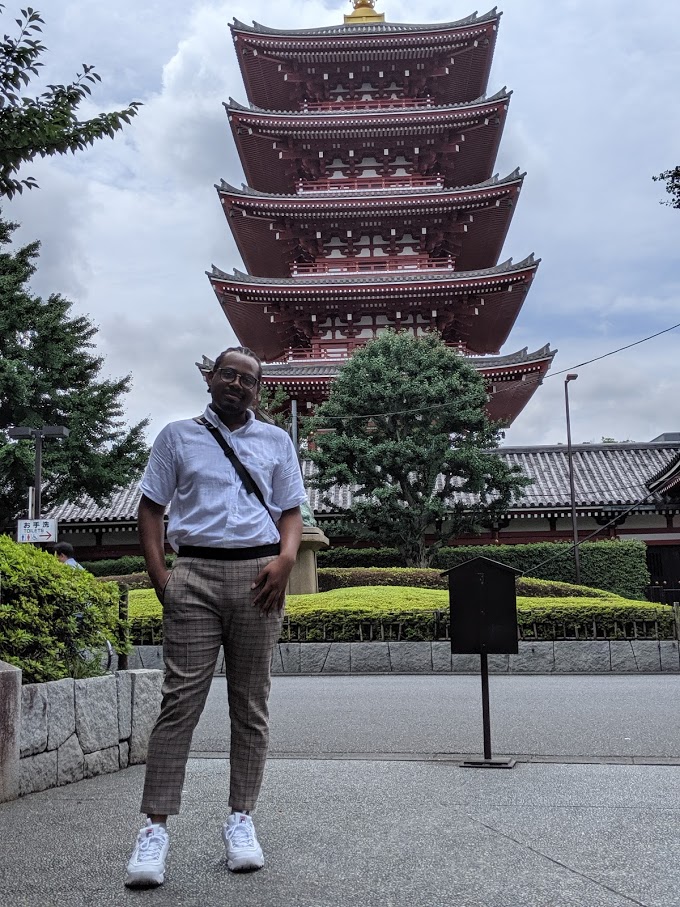
Editors note: the original version of this story did not make it clear that studying abroad is not an option for spring of 2021 and has been edited to reflect that.
Although travel restrictions are being lifted in most areas of the world, study abroad programs are still on hold for many universities, including Ferris.
According to Education Abroad Coordinator Megan Hauser-Tran, there is not a possibility for Ferris students to study abroad in the spring semester, but beyond that no decision have been made. The Office of International Education is still advising students — mainly freshmen and sophomores — and helping them plan out study abroad trips further out. Hauser-Tran is currently helping students who were supposed to study abroad this fall semester make alternate plans.
COVID-19 cases are seeing second or third waves across the U.S. and in other countries. Until a vaccine or more effective treatment is found, studying abroad programs may be put on hold. To gain more insight on where studying abroad stands at Ferris, the Torch did a Q & A with Hauser-Tran.
Editor’s note: Quotes have been edited for length and clarity.
Will study abroad be happening next semester or in the future?
“Right now, there is not a decision on the spring semester. I’m still advising students, particularly freshmen and sophomores, and we’re still helping them look at their options and make plans for them. We’re working with students who were in the pipeline to go at a certain time, like this fall, to make alternate plans to delay their study abroad experience.”
What are students who couldn’t study abroad over the summer or this fall doing in place of that experience?
“We created a program in response to COVID-19, as a way for students to still get an inter-cultural experience and get a little bit of a global perspective, even if they couldn’t study abroad this semester. We’re running a co-curricular program called the Global Engagement E-Certificate. Students are joining other students around the world on Zoom to have conversations about sustainability. It’s not traveling, but in this way, they’re able to meet others, gain perspectives, practice inter-cultural communication and just have meaningful conversations with their peers around the world.”
How will it function differently than before?
“At its core, study abroad is having students go out and have global experiences to gain perspective, to challenge themselves and really engage with people from cultures, backgrounds and experiences that may be similar or different from their own. Then, they adapt and learn how to be a part of that environment. It’s all about global awareness in yourself and your own global identity marking where you are in the grand scheme of things. At its heart, whenever study abroad returns to the “pre-COVID times,” it’s going to have that in mind. How is it fundamentally changing? It probably won’t, if that’s the objective we want to meet. I think it’s going to maintain that essence of global competency and connection.”
Has COVID-19 affected where students can travel to study abroad in the future?
“Different countries are going to have different restrictions when they decide to open for international students again. Right now, we don’t plan on losing any partnerships or any opportunities for students. We still have our exchange programs and third party study abroad providers have different programs. Some of them are stepping up and doing virtual programs for the time being until students can travel again. We are monitoring sources, health and safety and travel guidelines or restrictions. It’s also up to the university and its policies to decide if international travel will happen for a semester or not.”
How did you handle students who were still in other countries when quarantine first started?
“Our experience was communicating with students and the university leadership. We were ready to support them, making sure they were safe and healthy, and getting them back when it was time for them to return. We made sure that they could still complete the classes they started abroad so they could get those credits and stay on track. The students were very attentive and cooperative in that situation. They really rose to the occasion when it came down to it.”
How are you still encouraging students to consider studying abroad after everything that’s happened this year?
“If students are thinking about studying abroad and they’re not quite sure schedule an appointment with me. We have information sessions every Friday at 1 p.m. via Zoom to let students know their other options, what the application process looks like and how to look for scholarships. We still want to provide that service to show students how study abroad might work for them. At the same time, we’re offering a program like the Global Engagement E-Certificate where they can still have that experience. We also have the Global Competency certificate program, which is another program we run through our office. We’re making sure that students have opportunities for engagement. I encourage them that study abroad is an option to explore.”
What are some benefits of studying abroad?
“You can go learn more about the world and a different culture. You learn a lot about yourself too. When you step away from a normal context suddenly you have to interact in an environment that may be uncomfortable. Trying to explain who you are to someone who has no idea brings up realizations about yourself that you didn’t think about before. You certainly get 21st century skills like flexibility, adaptability and critical thinking while you study abroad. Studying abroad allows you to see yourself in a different context, to see the world in person and not through media. Employers love seeing study abroad experiences on resumes because it shows that they are able to communicate in diverse teams.”
